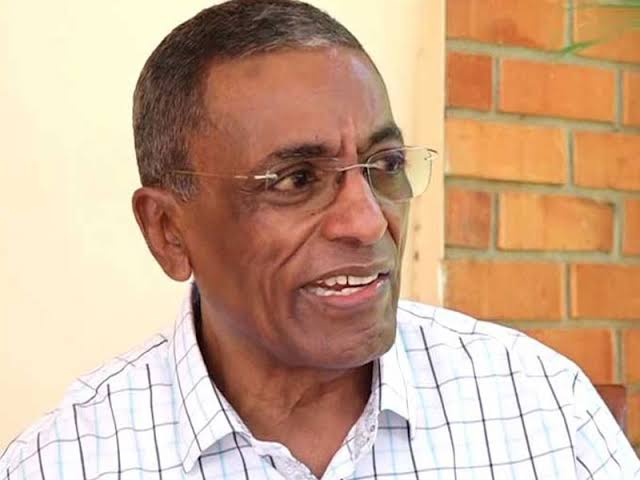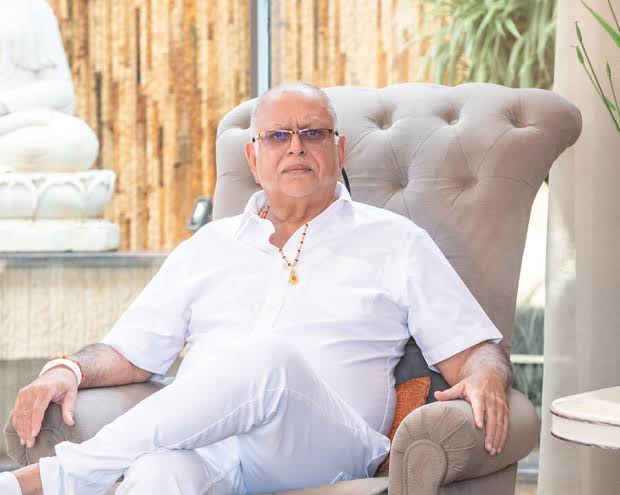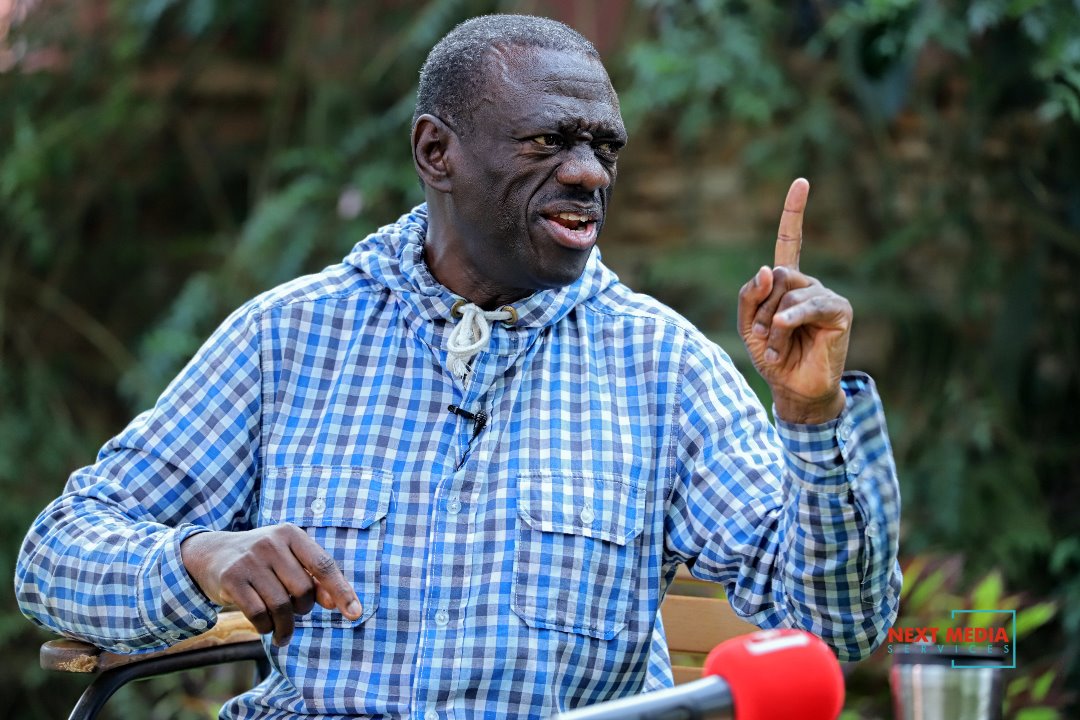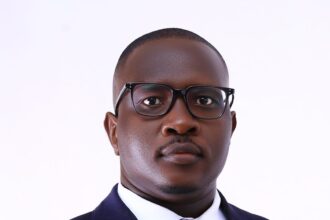As Uganda marked its 62nd Independence Day, former Minister Captain Francis Babu took to UBC TV to share profound reflections on the meaning of independence for the nation. His insights sparked a broader conversation about the historical context of Uganda’s sovereignty and its journey toward true national ownership.
Captain Babu emphasized the importance of understanding the origins of British power in Uganda. “What does independence mean for the country? We must first assess where the British derived their power to govern and protect us. From whom and where did they return this power, even after signing agreements?” he posed, prompting viewers to reconsider the narratives surrounding their independence.
He further highlighted Uganda’s unique position in Africa, describing it as “not just an African country; it was essentially a European creation established during the Berlin Conference.” This assertion underscored the complex legacy of colonialism that still influences Uganda today.
Babu noted that many of the leaders who fought for independence had been educated and trained by the British, leading to what he termed a “neo-colonial power” dynamic. “The country has never truly belonged to Ugandans; rather, it was made to belong to them,” he stated, indicating a lingering disconnect between the people and their leadership.
The discussion also touched on the overlooked voices of the past. “I believe we never took the time to engage with the people who signed agreements with the British, who were unhappy with our independence. Most people actually think their independence occurred on October 8th,” Babu remarked, suggesting a need for a more inclusive narrative about Uganda’s journey to freedom.
As Uganda celebrates its 62 years of independence, Captain Francis Babu’s reflections serve as a timely reminder of the complexities of national growth and the ongoing struggle for true autonomy. The conversation continues, inviting Ugandans to reflect on their history and work towards a future that fully embraces the nation’s potential.
Do you have a story in your community or an opinion to share with us: Email us at Submit an Article









